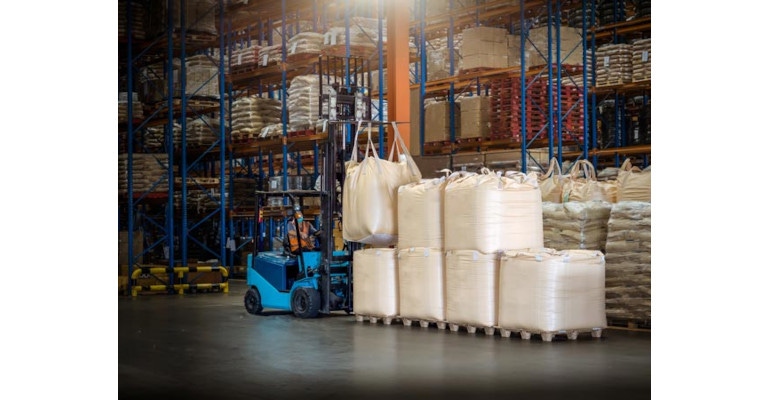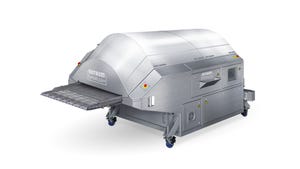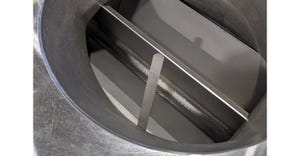It is important to make the right choice when it comes to a bulk bag manufacturer.
November 9, 2021

Brent Lee, CEO, Custom Packaging Products
Buying bulk bags for your company can be a great investment, so it is important to make the right choice when it comes to a bulk bag manufacturer. With so many bulk bag suppliers out there, you need to know what makes them different and how they work with bulk bags before you choose one. Here are five things to consider when deciding on the best bulk bag supplier for your needs.
1. Type of Bag Needed
Bulk bags come in a variety of shapes, sizes, and materials. The needed bag type will depend on the type of material, grain size, and volume to be handled. The preferred materials are those that have been used extensively by other customers in your industry or those tested thoroughly with favorable results. Bulk bags are made from paper or plastic to accommodate specific needs.
Paper bulk bags are often used in the food industry for packaging "healthy" items such as fruits and vegetables. In contrast to paper bulk bags, plastic containers are generally discarded when empty but can be recycled. Plastic bulk bags tend to be more durable than paper and remain air-tight after opening, which is ideal for storing moist foods like grains and potatoes.
2. Open-Top or Closed-Top Bags?
Benefits of open-top bags are that they are lighter to carry, take up less space in storage, and allow air to circulate through them. Open-tops also require no additional equipment for sealing them, which makes them the low-cost option. On the other hand, closed tops offer protection against dust and pests (i.e. insects), leak detection before opening the bag, specific temperature needs like refrigeration or freezing protection (though all bags can be frozen), and an extra protective barrier against sudden changes in humidity levels--features unavailable with open-top bags.
3. Materials of Construction
The materials that are typically used for manufacturing bulk bags are plastic, polypropylene, or polyethylene. However, before buying a bulk bag, you should be aware of its contents and what material was involved in the manufacturing process to ensure it does not pose any risks before purchasing. Some bulk bags can contain chemicals like dioxins and other particulates that can affect health and well-being if left unchecked.
4. Capacity
Bulk bags are available in a variety of capacities. There are guidelines about the maximum safe weight for a certain thickness and length of the bag. In most cases, however, the design and the weight capacity of each bag will vary depending on the manufacturer, but generally bulk bags can hold up to 14,000 lb.
The two most important factors when determining weight capacity are the level of robustness and ductility in the bag's construction. We recommend polypropylene bags because they're more durable than other options.
Another factor is compression rate. If a heavy load compresses into a smaller space then it will be less likely to cause damage. For example, let's say you've put an item that weighs 15 lb in a bag designed for carrying 50 lbs. This would provide good protection from tearing because the bag can handle 35 lb worth of pressure per square inch before getting damaged.
5. Consider the Supplier
All good bulk bag suppliers will offer the basics that you will need to get started, including heat sealers and heat film. You'll want to research any company before making a purchase to find out if it specifically caters to your business needs.
To find a company that you trust, consider the supplier’s history, how they do business, their expertise level on the topic of bulk bags, and the quality standards they have achieved.
Brent Lee is CEO, Custom Packaging Products (Conroe, TX). For more information call 281-740-0829 or visit custom-packaging-products.com.
You May Also Like


